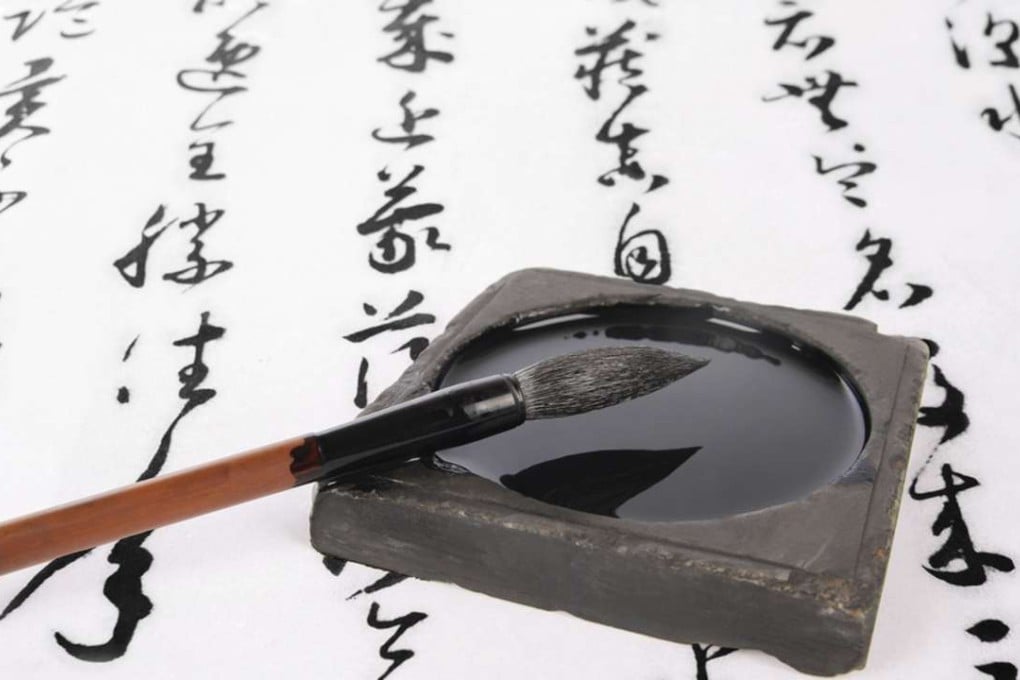Advertisement
The top 10 Asian books of 2016, from vivid science fiction to Japanese crime, Vietnam war memories and today’s China
Former Hong Kong academic Madeleine Thien’s Booker shortlisted family saga, Hideo Yokoyama’s gripping tale of corruption in Japan and Mei Fong’s searing history of China’s one-child policy among our picks
Reading Time:2 minutes
Why you can trust SCMP

It was a vintage year for literature – particularly in Asia. South China Morning Post book critic James Kidd lists his top 10 books of the year by Asian writers, or about Asia itself.

Do Not Say We Have Nothing by Madeleine Thien
Advertisement
Six decades of Chinese history are dramatised through music and politics, family and friendship, love and loss. Shortlisted for the Man Booker prize, here is one of the books of the year, by a former Hong Kong academic.
Listen to the author reading an extract here:
Advertisement
Advertisement
Select Voice
Select Speed
1.00x